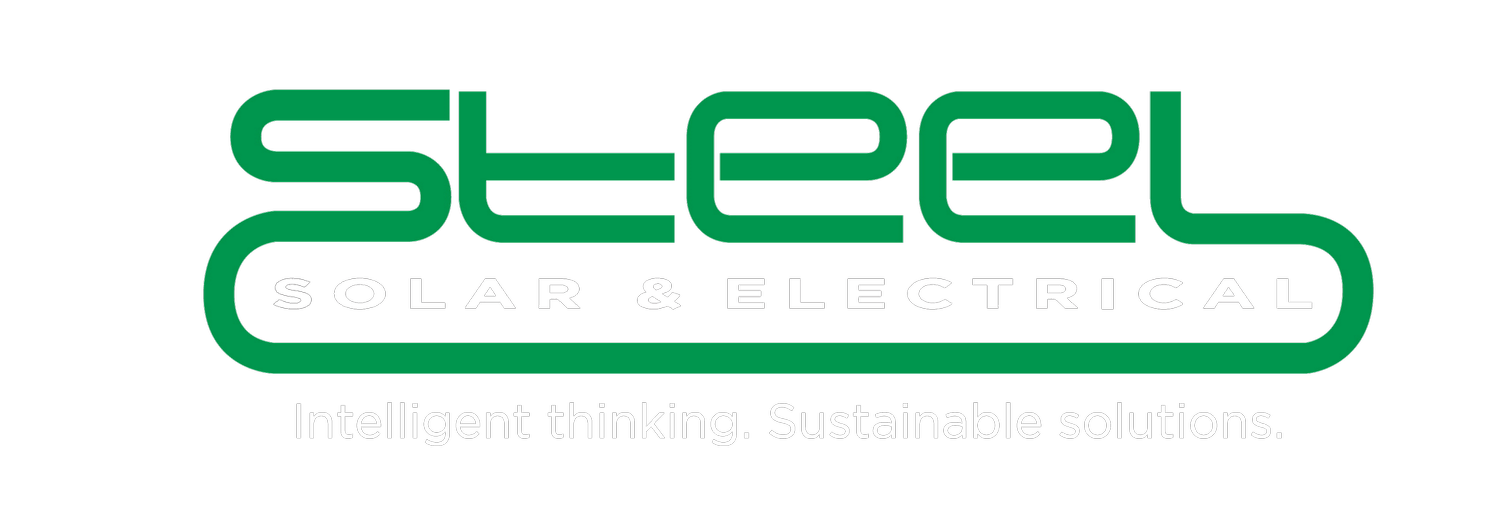Live Off the Grid: Unveiling the Power of Off-Grid Systems
Imagine waking up each morning to the gentle hum of your refrigerator, the sunlight streaming through your windows, and the knowledge that you're completely independent of the traditional power grid.
This dream of self-reliance is a reality for a growing number of Aucklanders thanks to off-grid solar power systems. These innovative setups harness the sun's energy to generate electricity, allowing you to live comfortably off the grid, no power bills necessary.
But is off-grid solar right for you?
This blog post will unveil the power and potential of off-grid solar systems, exploring the technology, its advantages, and the considerations you'll need to make before embarking on your journey towards energy independence.
Off Grid Systems
An off-grid solar system allows you to generate your own electricity and become completely independent from the power grid. Unlike traditional grid-tied solar systems, off-grid setups function as your sole source of power, making them ideal for remote locations such as Piha or those seeking ultimate energy independence.
Here's a breakdown of the key components that make up an off-grid solar system:
Solar Panels: These are the workhorses of the system, capturing sunlight and converting it into direct current (DC) electricity. The number of panels required depends on your energy consumption and desired level of self-sufficiency.
Batteries: Since the sun doesn't shine 24/7, off-grid systems rely on batteries to store excess solar energy generated during the day. These batteries provide power during nighttime or periods of low sunlight. Deep-cycle batteries, designed for frequent charging and discharging, are typically used in off-grid applications.
Solar Charge Controller: This intelligent device acts as the traffic cop, regulating the flow of electricity between the solar panels and batteries. It prevents the batteries from overcharging and ensures optimal battery life.
Inverter: Most appliances in your home run on alternating current (AC) electricity. The inverter converts the DC electricity generated by the solar panels into usable AC power, allowing you to run your appliances and lights.
Now, we know this sounds like a lot of technical information to take in at once. But don't worry! The team at Steel Solar & Electrical is here to walk you through every step of the process. We'll explain everything in clear, understandable terms and work closely with you to design a customised off-grid solar solution that perfectly fits your budget and energy needs.
Benefits of an Off-Grid Solar System
Imagine a life free from dependence on the traditional power grid. With an off-grid solar system, this dream becomes a reality. But beyond the novelty, off-grid living offers a multitude of advantages that can transform your relationship with energy and empower you to live a more sustainable lifestyle.
Let's explore some of the key benefits:
Energy Independence: One of the most significant advantages of off-grid solar power is achieving energy independence. By generating your own electricity, you'll no longer be reliant on the grid for power. This translates to freedom from fluctuating electricity prices and power outages that can disrupt your daily life. You'll be in control of your own energy source, giving you more security and self-reliance.
Self-Reliance: You'll most likely become more mindful of your energy consumption and take a proactive approach to managing your resources when you switch to Off-Grid. This can involve implementing energy-saving measures or strategically utilising appliances during peak sunlight hours. When talking to our customers, they say this lifestyle shift has empowered them to live a more sustainable and responsible lifestyle.
Lower Costs in the Long Run: While the initial investment in an off-grid solar system can be significant, the long-term cost benefits are undeniable. Once your system is up and running, you'll be generating clean, free energy from the sun, eliminating your electricity bills altogether. Over time, the savings on electricity can outweigh the upfront costs, making off-grid solar a smart investment for the future.
Off-Grid Considerations
The allure of off-grid living with solar power is undeniable, but careful planning is crucial to ensure a smooth transition and a successful system.
Here are some key considerations we ask our potential customers to keep in mind:
Understanding Your Energy Usage Habits: The first step is to gain a clear understanding of your current energy consumption. Conduct an energy audit to identify your daily and seasonal power needs. This will help determine the size and capacity of your off-grid solar system. Consider factors like appliance usage, lighting habits, and potential future needs if you plan on adding appliances or expanding your living space.
Sizing the System for Your Needs: There's no one-size-fits-all solution when it comes to off-grid solar systems. The optimal system size will depend on your energy usage habits, sunlight availability in your location, and desired level of self-sufficiency. Aiming for a system that can meet your average daily needs while also accounting for seasonal variations and potential low-sunlight periods is crucial.
Backup Power Options: While your solar system will be your primary source of energy, having a backup power source is essential for unforeseen circumstances. This could include extended periods of bad weather, equipment malfunction, or unexpectedly high energy demands. Common backup options include:
Generator: A gasoline or diesel generator can provide temporary power during outages or periods of insufficient solar energy production. However, generator use comes with additional costs for fuel and maintenance.
Larger Battery Bank: Investing in a larger battery bank can offer increased energy storage capacity, providing more buffer during low-sunlight periods. This can help minimize your reliance on backup generators.
Planning an off-grid solar system may seem complex, but you don't have to go it alone. Our team at Steel Solar & Electrical understands the unique needs of off-grid living. We'll walk you through every step of the process, from analysing your energy habits to carefully considering your backup power options.
Together, we can design a customised off-grid solar system that perfectly fits your lifestyle and budget, empowering you to embrace the freedom and self-reliance of solar power.
